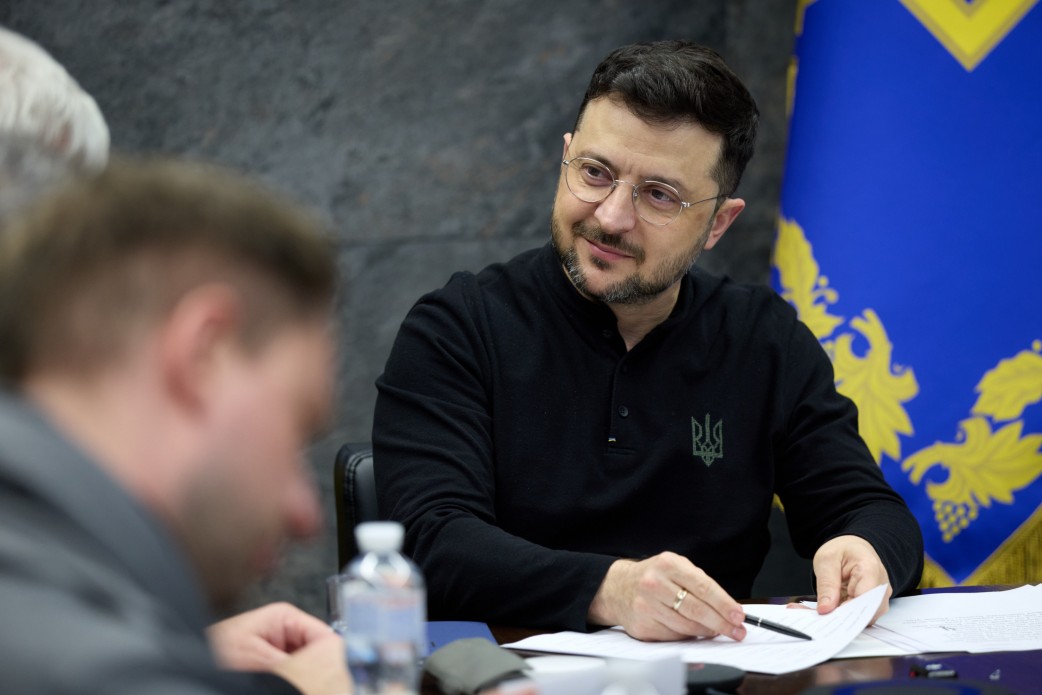Russian President Vladimir Putin approved a new Russian Foreign Policy Concept on March 31 that likely aims to support the Kremlin’s attempts to promote a potential anti-Western coalition.
The new Foreign Policy Concept paints the West as an anti-Russian and internationally destabilizing force to a far greater extent than Russia’s previous 2016 Foreign Policy Concept and explicitly states that the US and its “satellites†have unleashed a hybrid war aimed at weakening Russia.
The new document also heavily stresses Russia's goal of creating a multipolar world order and subordinates under that goal Russia’s broad foreign policy objectives, which include ending the United States’ supposed dominance in world affairs.
The document asserts that most of humanity is interested in constructive relations with Russia and that a desired multi-polar world will give opportunities to non-Western world powers and regional leading countries.
Putin previously used meetings with Chinese President Xi Jinping on March 20 through 22 to increase attempts to rhetorically rally the rest of the world against the West, and the new document likely aims to support the Kremlin’s attempts to intensify proposals to non-aligned countries to form a more coherent anti-Western bloc.
ISW assessed that Putin’s proposal to form an anti-Western bloc during Xi’s visit to Moscow was not positively received as Xi refused to align China with Putin’s envisioned geopolitical conflict with the West.
Russia’s declining economic power and degraded military effort in Ukraine continue to offer little incentive to countries to express serious interest in the proposal. The Kremlin likely decided to release the new Foreign Policy Concept on the eve of assuming the presidency of the United Nations Security Council (UNSC) in order to set informational conditions for future rhetorical efforts at the UN aimed at forming an anti-Western coalition.
ISW previously assessed that Russia will likely weaponize its presidency of the UNSC as a method of Russian power projection.




















